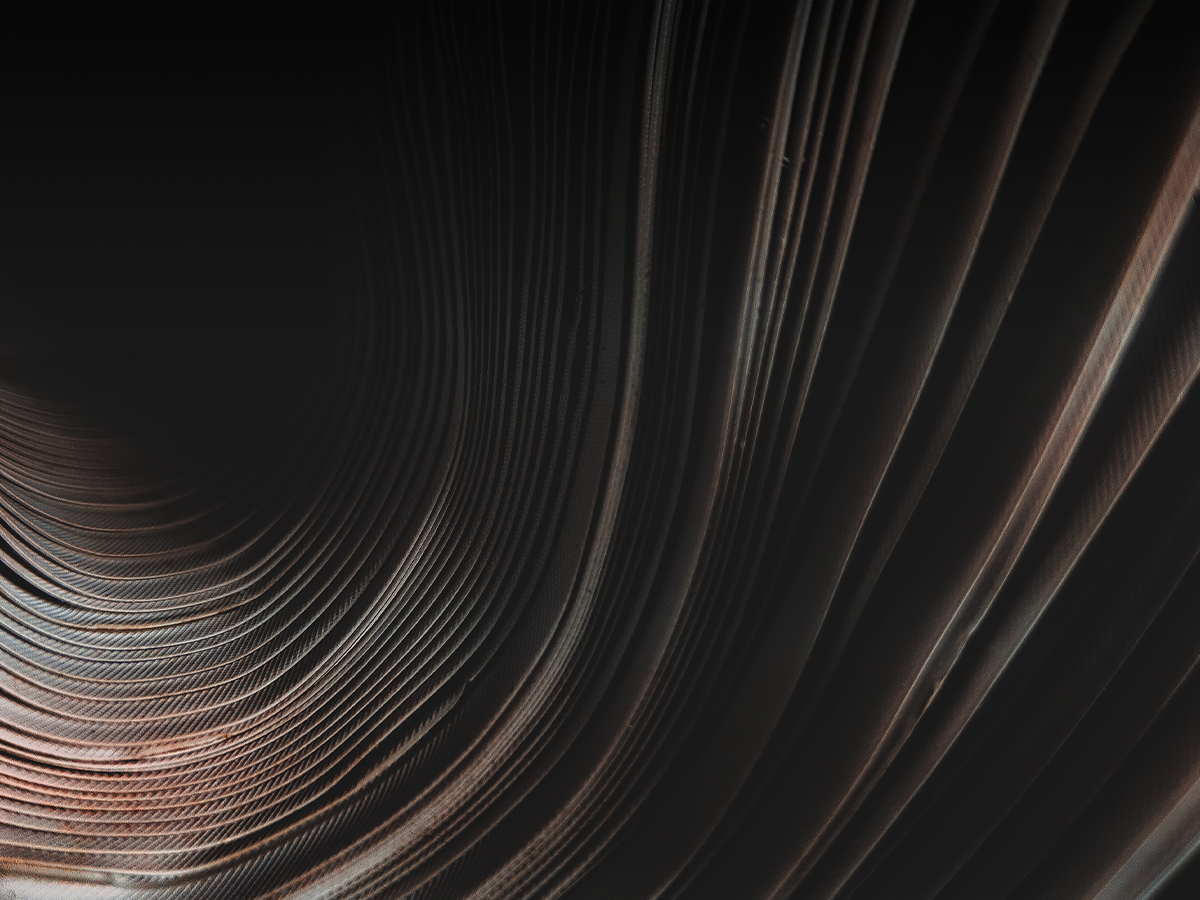Under Indian law, copyright is provided for photographs, paintings, and illustrations (artistic works), books and essays (literary works), graphical notations (musical works), software (technical works), choreographed performances and recitals (dramatic works), sound recordings, videos, or even entire films (cinematographic films).
In general, the registration of a copyright is a simple process that takes approximately a year to complete. It is necessary for the Registrar of Copyrights to verify the originality of your work before granting you a copyright.
It will be necessary for you to apply containing all the details of the work, as well as any applicable fees. After the application has been submitted, an examiner inspects the copyright applications. Depending on what happens at this stage, there could be no objection, no discrepancy, a discrepancy, or an objection.
If there is no discrepancy or objection, the application is processed for the next step, which is registration. Once the examiner is satisfied with the explanation, the application can proceed to the next level if there is a discrepancy. Whenever another party objects, the examiner calls both parties and conducts a hearing. Only after hearing both parties is the application accepted or rejected by the examiner.
Upon approval by the examiner, the copyright becomes effective.
Copyrights are limited in time, not in eternity. It varies from country to country how long the protection lasts. According to the Berne Convention for the Protection of Literary and Artistic Works, every country is required to protect literary and artistic works for a minimum of 50 years. This starts with the life term of the author. In India, this period is equal to the author’s life plus sixty years. After expiration of this period, the work becomes public domain, i.e., anyone can exploit it without any authorization from the right owner or payment to such owner. Therefore, it becomes a common heritage of society.
The plaintiff, in this case, is Toyota Jidosha Kabushiki Kaisha and they seek to prevent the defendant, a spare parts supplier by the name M/S Prius Auto Industries Limited, from the usage of the trademarks- “Toyota”, “Innova”, and “Prius”. According to the finding of the court, two of the three trademarks mentioned, namely Toyota and […]
Intellectual property rights create a situation in which the inventor or the creator enjoys full ownership and rights to commercial exploitation of his creation while everyone else is excluded. The justification is that such a creation, if it has material value, must benefit the creator while preventing others who would otherwise commercially exploit the concept […]
WIPO defines copyright as the right of creators to ownership of their creations and to make use for commercial or other purposes. Copyright today covers literary creations, printed material, computer programs, data, audiovisual media, dance, paintings and drawings, photographs, sculpture, architecture, ad material, technical drawings and others that are the outcome of intellectual effort. From […]


